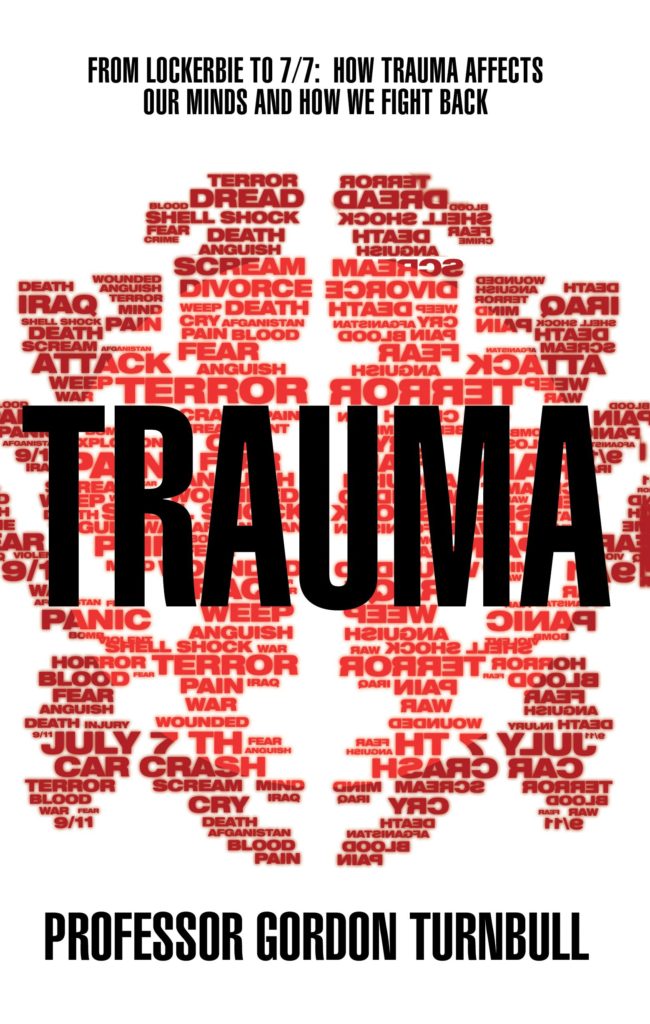
I have recently been introduced to some helpful ideas which set out a pattern of behaviour which often describes the relationship between an abuser and the victim. In September 2018 many of us watched the confrontation between the nominee for the Supreme Court in America, Judge Brett Kavanaugh, and his accuser Christine Ford. The confrontation was remarkable because, against all the odds, a woman was prepared to stand up to enormous power of a judge in front of a huge audience and tell a wholly credible story of sexual abuse. Although the American Senate believed the judge and confirmed his onward path to the Supreme Court, I and countless others felt that Kavanaugh was lying. His performance was poor, and the bluster and contrived anger demonstrated at the hearing bore all the hallmarks of male entitlement and dominance. Whatever the final truth in this story (my reading of this story may yet be shown to be wrong), it was still a clear illustration of why so many women are afraid of coming forward to tell their stories of abuse. Christine Ford deserved to be believed but, on this occasion, bravery and apparent integrity failed to win through.
The Christine Ford story is one that is found all over the world in countless settings and contexts, including the Church. An abused individual finds the courage to stand up for themselves but then the abuser is able to deflect the accusation and effectively turn the tables around. The victim is then portrayed as an offender for daring to suggest that the abuser has done anything wrong. This scenario of turning the tables by a perpetrator against their accuser has acquired a name, or at any rate an acronym. It is called DARVO. This stands for Deny, Attack and Reverse Victim and Offender. Those who study this phenomenon have claimed that this is not just a common reaction, but it is almost the inevitable reaction adopted by many who find themselves in a situation of being accused of sexual or other violence.
A recent article by Jennifer Freyd and others explores DARVO in more detail. https://dynamic.uoregon.edu/jjf/defineDARVO.html It has a lot to say about the psychology of this response and it also explores the experience of victims. The details of much of this analysis do not really concern us here. But we do note the salient fact that DARVO will be encountered in many, if not most, cases of accusation against an abuse perpetrator. Such a response will make the job of investigators much more complicated. They are faced with the testimony of an abused individual alongside the self-justificatory rhetoric of the accused.
What might be going here? As I reflected about DARVO in its relation to the present issues in the Church of England with abusers and victims/survivors, I found myself noticing a possible theological dimension. The sexual abuse of the young or vulnerable is a terrible crime. The victim has been treated as a thing, suitable only as a means for gratification by a dominant abuser. The awfulness of the crime is such that one can imagine that any perpetrator, brought up in a Christian environment, would have to wall off reflecting on the abuse so that it was separated from the areas of the mind that process conscience and Christian morality. In short, the perpetrator will perform almost every kind of intellectual gymnastics to avoid admitting the evil of the act. DARVO is thus one part of the ways we might expect a person of conscience to deal with his/her crime. The abuser is probably unlikely ever to say simply ‘I did wrong, please forgive me’. The DARVO mechanism would cause the abuser to claim, for example that, among other things, the young person cooperated in the abuse. They should also be in some way be grateful to the perpetrator for helping them in the task of learning about their sexual identity. In the case of adult adulterous relationships, a variety of innocent-sounding excuses may be found to justify and avoid the evil of the action. Everything will be admitted but not the fact that the Christian leader/youth worker was abusing power and using another person for the purposes of sexual gratification. Understanding this DARVO mechanism is then a valuable tool in the analysis of the complicated dynamics between victim and abuser.
The dynamics of DARVO which effectively silence and blame millions of victims of abuse across the world do not just apply to individuals. Readers of this blog will be quick to notice that DARVO is a mechanism applied by institutions. Several of the experiences recorded in Andrew Graystone’s booklets relate to this process. All too frequently the abused person is made to feel that they are the enemy in bringing forward accusations against church leaders. Because they ask for justice from the wider institution and a proper hearing of their case, the church is sometimes felt to swing into action against them. The use of lawyers and NDAs (non-disclosure agreements) is a perfect example of the Attack part of the acronym. It certainly makes the survivor feel more like a victim than before. Whenever the church behaves in a way that is putting the reputation of the institution first, this certainly can be said to fulfil the Deny part. The victim, as the result of the abuse, ends up feeling on the far side of a wall of partition with the church on the other side. When this happens, something has clearly gone wrong in what might have been a process of healing. Once the victim feels that he/she is the ‘problem’, then there is certainly a case for saying that the Reverse Victim and Offender aspect has taken place.
DARVO is thus a useful concept for helping us to think about the dynamics of power in both an individual as well as an institutional setting. I hope that my attempts, as here, to survey ideas that appear all the time in psychology and the other social sciences are found helpful. They are offered in the hope that the various disciplines can in different ways be applied to the puzzling and damaging incidence of power abuse in our churches. For too long even the thought that power is sometimes used by church leaders to harm individuals was not admitted. Perhaps DARVO is one way of understanding how and why this happens so that we can talk about it with greater clarity in the future.








